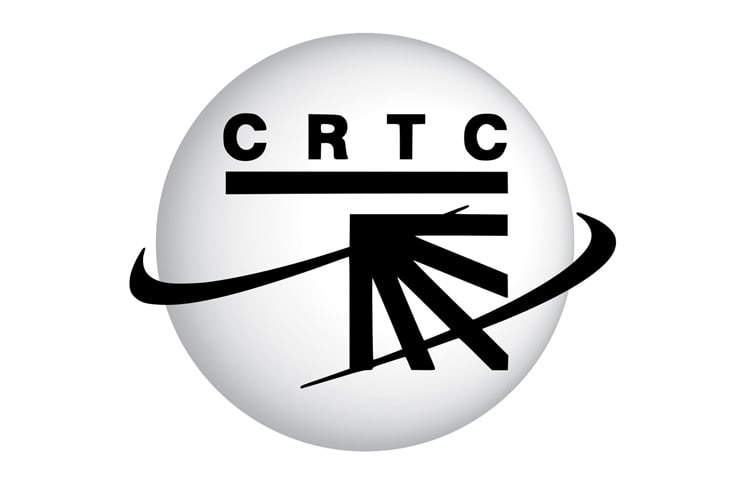As CBC reports, Bell Media, Corus Entertainment Inc. and Rogers Communications Inc. will now be required to spend 7.5, 8.5 and five percent of the previous year's revenues, respectively, on creating original Canadian content.
This marks an increase from 2017's ruling that each of the three companies had to spend only five percent on Can-con, though it remains down from the previous nine to 10 percent.
French-language broadcasters Quebecor Inc. and Groupe V Medias, meanwhile, will now be required to spend 75 percent of their programming budget on original content.
As a result of this new ruling, the companies must now allocate an average of $5.5 million per year to support the production of musical programs, FACTOR and MUSICACTION, marking a significant increase from the previous ruling.
Broadcasters argued the Can-con rules should be less strict in an age where they are competing with U.S. streaming services, but unions representing actors, directors, screenwriters and producers for have declared the CRTC's reversal a victory for storytelling in Canada.
The Directors Guild of Canada hailed the CRTC's new Group License Renewal rulings, restoring requirements for broadcasters to invest in 'Programming of National Interest' (PNI).
— DGC National (@DGCTalent) August 30, 2018
Read the full press release--> https://t.co/lW1EOswgJd pic.twitter.com/bn2d7ukPfe
We'd also like to acknowledge the important role that @melaniejoly and the Liberal government played in the Cabinet appeal that led to today's #CRTC decision, making Canadian culture, audiences, and creators such a priority. https://t.co/5tnKS3Ggp8 #CdnTV
— Writers Guild of CA (@WGCtweet) August 30, 2018
Today's #CRTC decision a win for Cdn storytelling though there's still "much more to do to ensure a future for Canada's film and television industry in a digital era." Read #ACTRA's full release: https://t.co/g3YmZHEY07 #cdnpoli #CdnTV #CdnFilm
— ACTRA National (@ACTRAnat) August 30, 2018
"We are asking the CRTC to reconsider these decisions in order to ensure that we achieve the right balance of investment in content and in the ability to compete," said Mélanie Joly — the heritage minister at the time — following last year's decision. "In referring back these decisions, the government wishes to affirm its support for great Canadian dramas, comedies, animation, films, documentaries — and other programs of national interest — that reflect our country and its diversity."
As for those foreign streaming services, the CRTC issued a report this spring stating that services like Netflix should be regulated in Canada.




